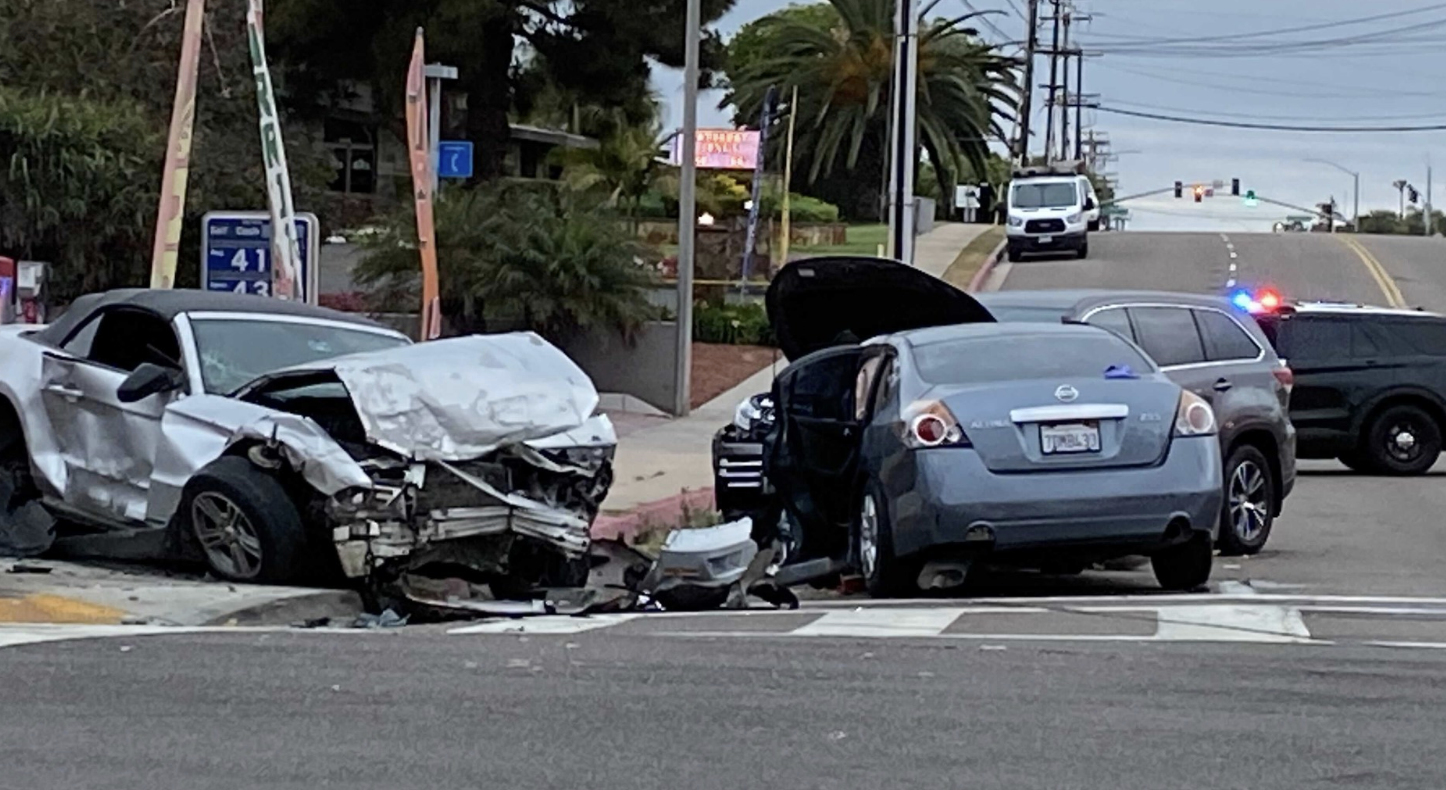Introduction:
Car accidents can be daunting experiences, but having the right legal representation can make all the difference. At Peaceful Warrior Law, we pride ourselves on serving the entirety of San Diego County, including Pacific Beach (PB), with dedicated and personalized legal assistance. As your trusted San Diego car accident attorneys, we understand the unique challenges that come with navigating the aftermath of a car accident, and we’re here to guide you every step of the way. Call us anytime for a quick case evaluation! It is completely complimentary. 858-427-0539.
- Representing All of San Diego County for Car Accidents: Being locally based in Pacific Beach, San Diego, gives us a significant advantage in representing clients throughout the entire San Diego County. Our proximity allows us to have a deeper understanding of the local laws, traffic patterns, and community dynamics, which ultimately benefits our clients. We also have relationships with local medical providers and have extensive experience dealing with insurance companies. Whether you’re in PB, Downtown San Diego, North Park, Encinitas, Little Italy, Coronado, Oceanside or anywhere else in the county, we are here to provide you with expert legal representation tailored to your specific needs.
- Common Injuries That Occur from Car Accidents: Car accidents can result in a wide range of injuries, varying from minor to severe. Some of the most common injuries we see include whiplash, back injuries, head trauma, broken bones, and soft tissue injuries. These injuries can have long-lasting effects on a person’s physical health, emotional well-being, and financial stability. Sometimes the injuries don’t settle in right away. Often times the shock our bodies absorbed need a few days for the pain to appear. Our team of experienced car accident attorneys specializes in handling cases involving all types of injuries, ensuring that our clients receive the compensation they deserve for their pain and suffering.
- Common Concerns People Have After an Accident: After a car accident, individuals often have many concerns and questions about their rights, responsibilities, and legal options. Some of the common concerns include who will pay for medical bills, how to get your car repaired or replaced, how to deal with insurance companies, whether to accept a settlement offer, and how to pursue legal action against the at-fault party. At Peaceful Warrior Law, we understand these concerns and strive to provide our clients with clear and concise answers, alleviating their stress and uncertainty during this challenging time.
- What to Do Immediately After an Accident: In the immediate aftermath of a car accident, it’s crucial to take certain steps to protect your rights and ensure your safety. These steps include:
- Checking for injuries and seeking medical attention if necessary
- Contacting law enforcement to report the accident
- Exchanging contact and insurance information with the other parties involved
- Documenting the scene of the accident by taking photos and gathering witness information
- Notifying your insurance company about the accident
- Seeking legal guidance from an experienced car accident attorney like Peaceful Warrior Law
- Why Contact Peaceful Warrior Law: At Peaceful Warrior Law, we are dedicated to fighting for the rights of car accident victims and helping them obtain the compensation they deserve. With years of experience in handling car accident cases in San Diego County, we have a proven track record of success and a deep commitment to our clients’ well-being. When you choose us to represent you, you can trust that you’re in capable hands every step of the way. Contact us today to schedule a free consultation and learn how we can help you navigate the complexities of your car accident case.
Conclusion: Navigating the aftermath of a car accident can be overwhelming, but you don’t have to go through it alone. At Peaceful Warrior Law, we are here to provide you with the expert legal guidance and support you need to move forward with confidence. From representing clients throughout San Diego County to addressing common concerns and providing practical advice, we are your trusted advocates in the pursuit of justice. Contact us today to learn more about how we can assist you with your car accident case.



